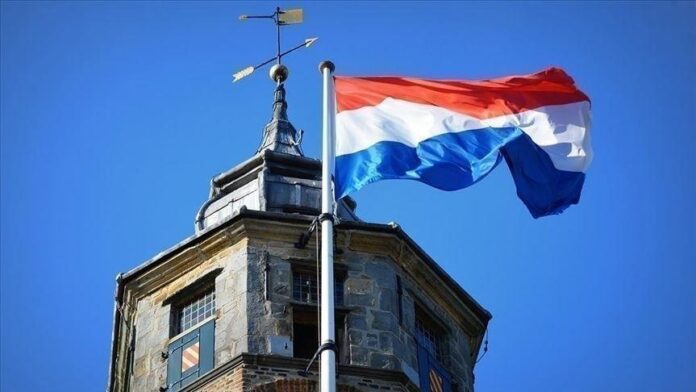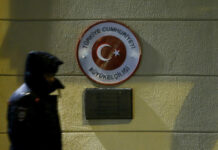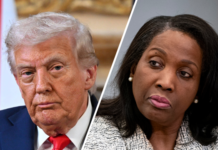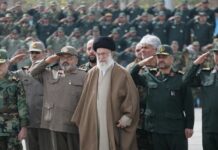For the first time in its history, the Netherlands has formally listed Israel as a state actor posing a threat to Dutch interests, according to a report released by the Dutch National Coordinator for Security and Counterterrorism (NCTV).
The annual report, Assessment of Threats from State Actors, highlights Israel’s alleged disinformation campaigns, attempts to manipulate Dutch political discourse, and influence public opinion — activities the NCTV warns could undermine democratic institutions.
One striking example cited involves a document circulated last year by an Israeli government ministry through unofficial channels to Dutch journalists and politicians.
The document allegedly included sensitive personal information about Dutch citizens, following tensions that erupted during a pro-Maccabi Tel Aviv football rally in Amsterdam. Authorities flagged this as “unusual and unwanted,” suggesting a coordinated attempt to pressure or intimidate.
Threats to the International Criminal Court
The NCTV also raised alarm over growing rhetorical and political threats from both Israel and the United States targeting the International Criminal Court (ICC) in The Hague.
These efforts, it warned, may seek to disrupt or delegitimize the ICC’s operations — particularly amid investigations related to Israel’s military actions in Gaza.
As the ICC’s host country, the Netherlands emphasized its “special responsibility” to shield global legal institutions from foreign interference.
While past reports have linked Israeli-made spyware (like NSO Group’s Pegasus) to surveillance concerns in Europe, this year’s NCTV report does not specifically name Israel under the espionage section — a noteworthy omission given the country’s track record in cyber-operations.
The inclusion of Israel marks a significant diplomatic shift. Until now, the Dutch government has maintained a cautious yet generally cooperative stance with Tel Aviv. However, this report suggests growing discomfort within the Netherlands over what it perceives as covert operations and political overreach by a supposed ally.
The move could complicate Dutch-Israeli relations and may have broader implications across the EU, where concerns about foreign interference — from China, Russia, and now Israel — are increasingly shaping national security strategies.













